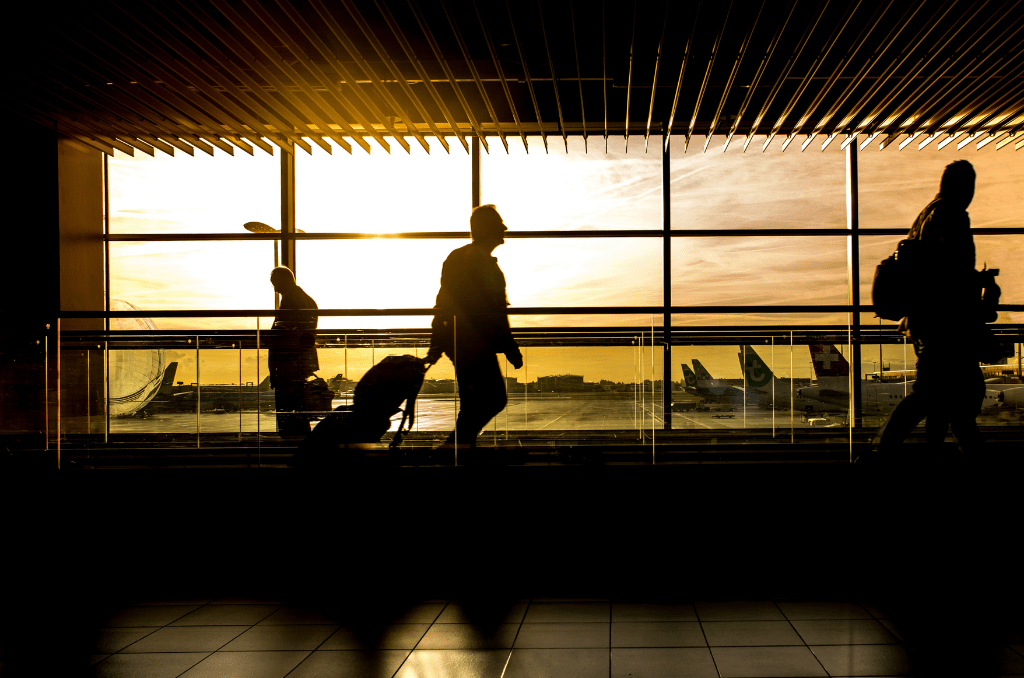
Business Travel May Never Recover to 2019 Levels
“We stand to lose 20 to 25 percent of international business travel forever,” said Sébastien Bazin, chairman and CEO of Accor Group. These are not words that anyone connected with business travel wants to hear.
The travel industry seems to be adapting to this updated outlook and is seeing signs of recovery, however uneven it may be. There are tangible opportunities in the market that leading players across sectors are looking to unlock through agility and innovation.
The Desire for Travel Has Not Gone Away
Business travel is down, and room rates are high, but the overall desire to travel is alive and healthy. “People just can’t wait to travel; there’s a strong appetite,” said Carlo Olejniczak, Booking.com vice president and managing director of Europe, Middle East and Africa.
This reaffirmation of the desire to travel is particularly important for sectors such as incentive travel. Incentives leverage travel to motivate, which was not an option during the Covid pandemic but now looks likely to return.
The Hybrid Workforce Brings New Opportunities
The travel sector is exploring new products aimed at a hybrid workforce that wants the flexibility to work remotely. One opportunity lies in infrequent business travelers looking to connect with colleagues in-person. Another opportunity lies in making hotels where business happens at a local level, without a focus on room nights.
Many questions remain unanswered on how event attendance develops in 2022 and beyond. While we wait for the dust to settle, new types of meetings and internal events are taking place that require venues of all shapes and sizes and expertise in making remote feel connected.
More Cooperative and Sustainable Destinations
Throughout the Covid pandemic, destinations such as Spain and France have opted for more collaborative approaches to their marketing, some even going as far as repositioning themselves with the agility that only a global crisis prompts. Sustainable growth is also high on the agenda for destinations like Greenland, which is slowly building its capacity.
Agile, lean approaches are nothing new to the event industry, and neither is collaboration with leisure-focused colleagues at destination marketing organizations. Incentive travel will play an essential role for up-and-coming destinations looking to build capacity and local know-how.
Bleisure May Entice Extended Business Travel
European consumers accumulated almost €1 trillion in savings during the Covid pandemic. “People are keen to spend the money they have saved during the pandemic on travel,” Ariane Gorin, Expedia for Business President, said.
Bleisure is a real thing, according to Marriott International CEO Anthony Capuano. There is a good chance business travelers, including conference attendees, will reach into their savings to extend their business trips. Conference organizers have an extra incentive to head to destinations that may tempt attendees to extend their stay.
Digital Innovation Complements Hospitality Well
CitizenM CEO Klaas van Lookeren Campagne is a fan of technology working to enhance guest experiences. “It enables much better service and much more interaction with our guests,” he said. The hotel company is known for offering compact rooms powered by impressive technology that controls in-room features and enables efficient communication with staff. CitizenM feels it has a winning formula that adds efficiency for both staff and guests and constantly collects valuable data points.
With the event industry refocusing on in-person events, there is a risk of neglecting technology. The value of using technology to enhance the user experience cannot be overstated. The excitement of “return to live” will soon wear off, and events that make the best use of technology to enhance the human connection experience will be the winners.
Labor Shortages Are a Big Challenge
Accor Group Chairman and CEO Sébastien Bazin estimates a 20 percent labor shortage in hospitality worldwide. While this is currently not an issue in markets still operating at low occupancy rates, including Europe, it will soon be a challenge. “The minute you’re going to be hitting 85% occupancy, all of a sudden, you need everybody back,” said Bazin.
Staffing shortages are already a significant concern across the event industry. Despite the respite provided at some levels by the booming gig economy, hospitality labor challenges may make it impossible to run events with the desired service levels, particularly during already compressed peak event periods.
Opportunity in Uncertainty
The travel industry is taking note of insurance products that give travelers greater peace of mind. Hopper’s fintech solution allows travelers to book flights without worrying about change fees or forfeiting their flights for a small fee. The company claims that more than 70 percent of its airfare revenue comes from these fintech services rather than commissions.
This type of innovation is yet to permeate into the event industry. Concepts such as buy-now-pay-later (BNPL) could quickly be making their way to event registration sites to boost the appeal of early bird pricing. Of course, using apps like Hopper to book travel without fully committing to event participation may also become common.
We Are Passing the Buck on Sustainability
Although research suggests that travelers are willing to pay extra for sustainable travel options, in practice, very few do. Geerts highlighted this discrepancy by sharing conflicting data that shows 34% of British travelers say they would pay more to travel sustainably. Still, only 4% of Swiss Air passengers pay a €1 sustainability surcharge.
Avoiding taking responsibility for pressing sustainability issues is nothing new. Several high-profile industry organizations signed the Net Zero Carbon Events Pledge as part of COP26, but taking tangible actions that actually move the event industry closer to its lofty sustainability goals is an altogether different affair.
